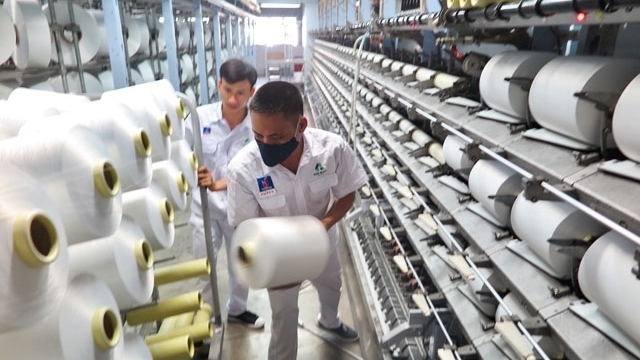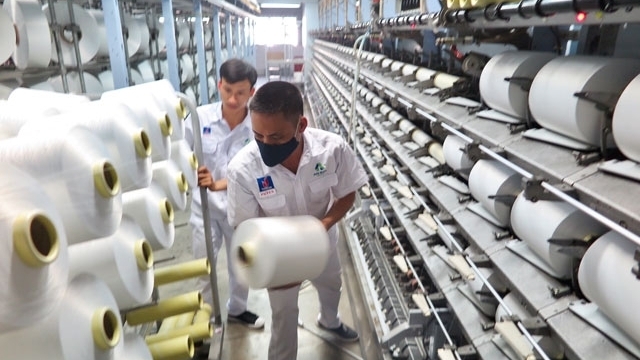



The committee is expected to create a substantial difference in the performance of SOEs. (Photo: Nhan Dan).
From now on, the total assets of more than VND2.3 quadrillion (US$98.9 billion) will be centrally managed by a single entity instead of being distributed between various ministries, as was the case previously. This is the first time in Vietnam that a specialised agency has exercised the function of representing state ownership in groups and corporations in line with the international practice on corporate management.
Moreover, the enterprises recently transferred to the committee are all critical enterprises to the Vietnamese economy. Therefore, there are huge expectations from the entire political system, society and market on the performance of the committee.
Undertaking this monumental task, the committee must demonstrate renovations in thinking, management, administration and operation of state-owned enterprises (SOEs) in order to address their weaknesses and create a substantial difference in the performance of these enterprises in the future.
To achieve that goal, the committee must be a professional and modern agency that pushes for bold reform to enhance the effectiveness of all SOEs. The centralised capital management mechanism needs to be accompanied by a modern supervisory mechanism in accordance with international standards.
Currently the committee is employing an online management system in line with the standards of the OECD. This system connects with the enterprises under its management so that the committee can monitor all the operations of these enterprises around the clock, from production and productivity to capital, human resources and paying taxes.
The system also has a set of indexes for supervising and assessing the health of each enterprise, with the function to warn of financial and management risks when the component index exceeds the safe threshold.
This is a proactive supervisory mechanism, allowing the committee to keep abreast of the health of each enterprise, issue warnings and request enterprise leaders to take remedy actions; replacing the old mechanism which was entirely dependent on the reports of enterprises and was ineffective in uncovering and preventing wrongdoing.
Among the companies transferred to the committee, some are Vietnam’s leading enterprises in terms of economic strength and innovation, such as EVN and VNPT, but there are also struggling ones, such as Vinalines and the Vietnam Expressway Corporation. After the handover, the committee will need to have a specific solution for each group and corporation so that already healthy enterprises will become stronger and weak ones can recover and grow larger.
For the ministries which have relinquished control of the enterprises, they will have more time to focus on their state management function, including building laws concerning areas of their management, formulating sectoral planning, and inspecting the obedience of enterprises to the law. They will also have more time and resources to fine-tune the state management mechanisms in order to create a supportive and enabling environment for enterprises.